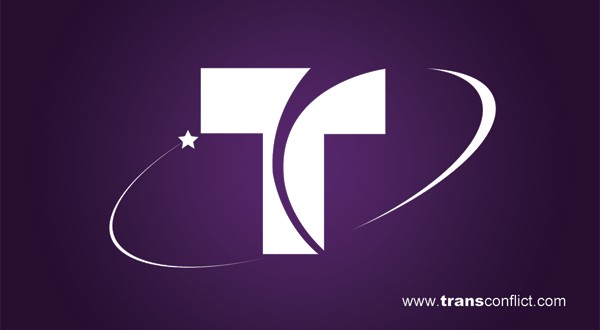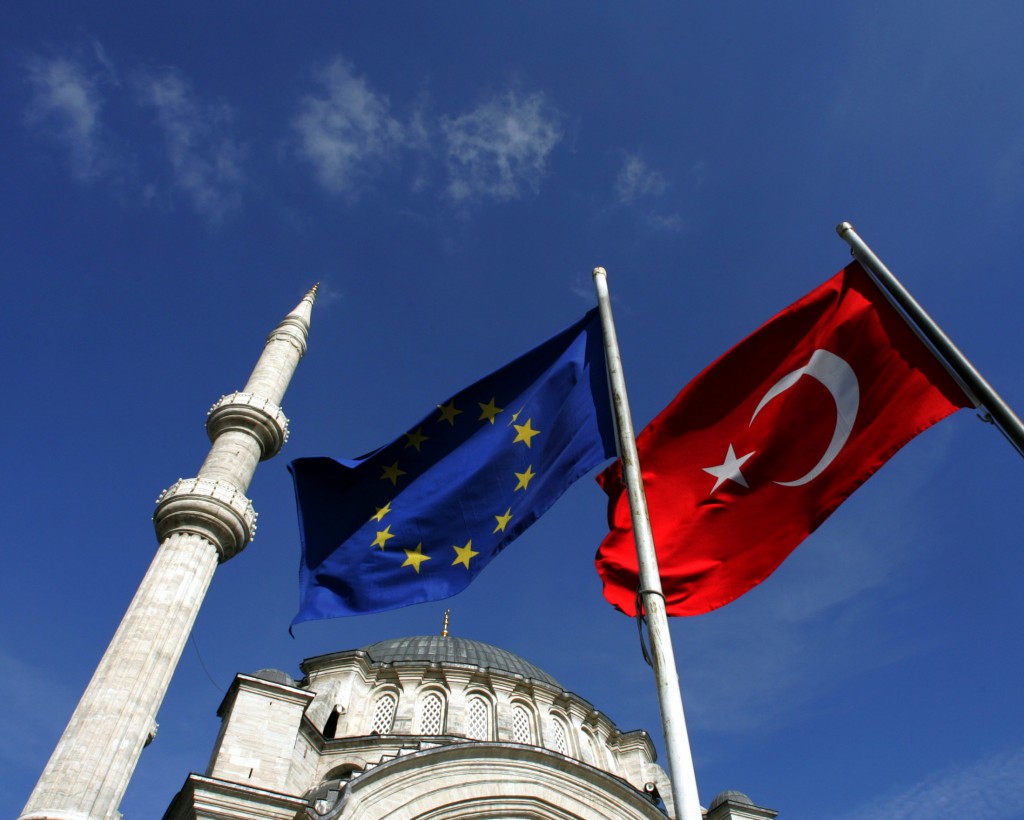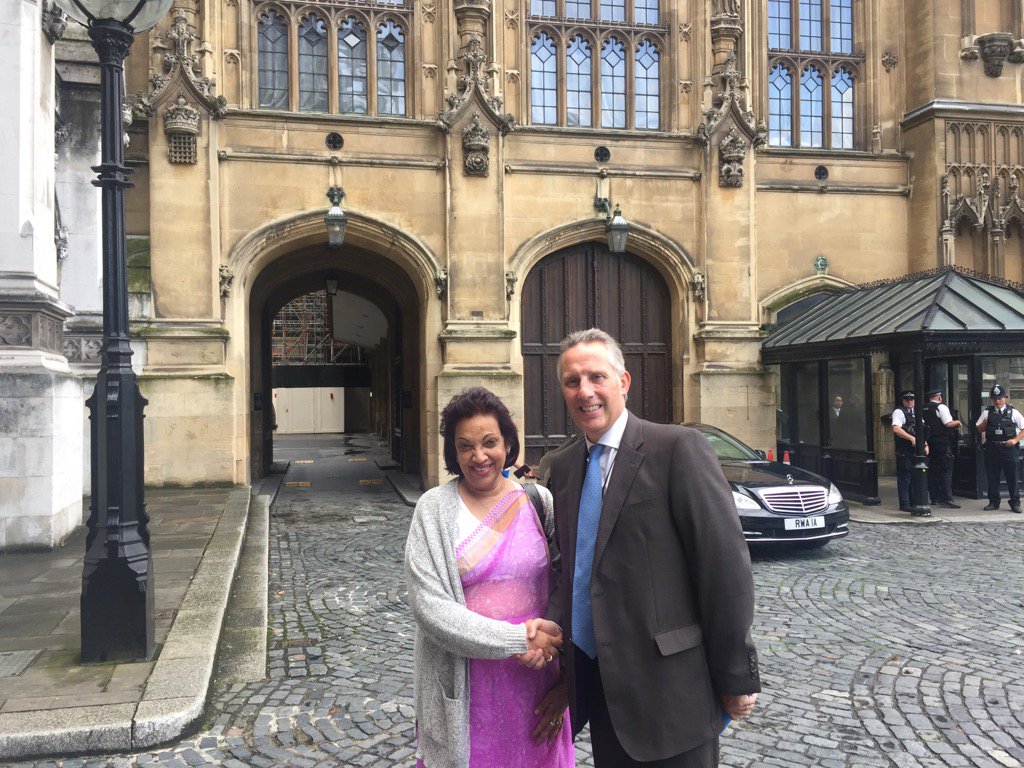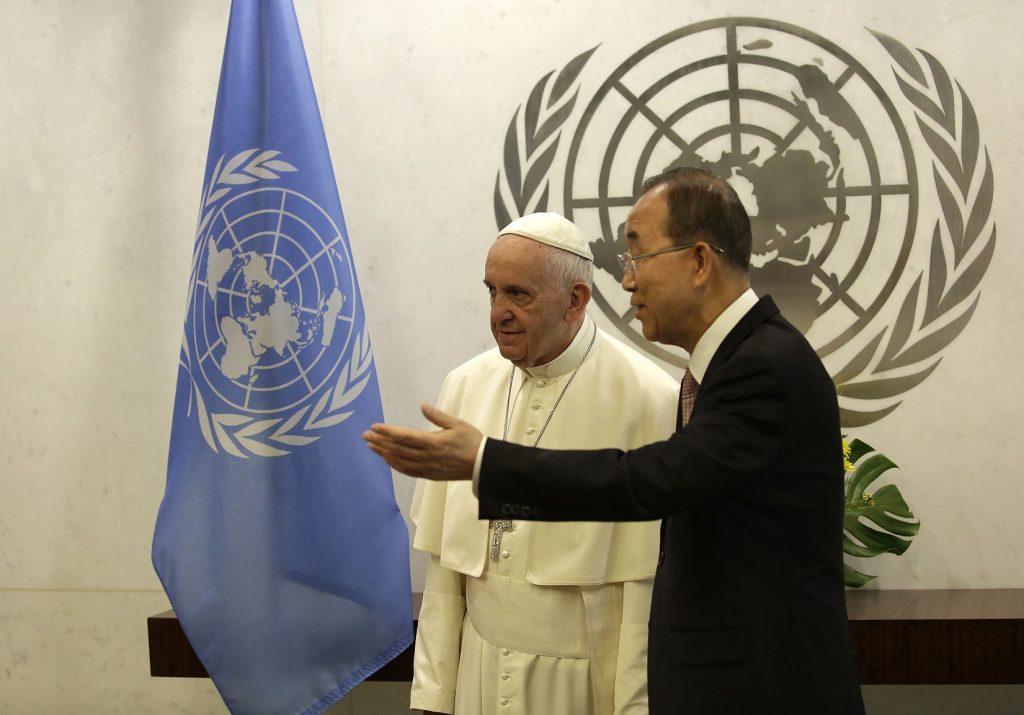August 2018 Review
TransConflict is pleased to present a selection of articles published during August, plus updates from the Global Coalition for Conflict Transformation.
| Suggested Reading | Conflict Background | GCCT |
1) What should the United States do with the United Nations?
Matthew Parish – The United Nations cannot be disciplined just by cutting budgets, and there is (marginally) more to be lost by withdrawing than by staying in. While the United Nations is an ugly beast, we are married to it. But we can discipline its behaviour using the cleansing light of public criticism and, where necessary, condemnation. This is what missions to the United Nations ought to be doing; preparing media campaigns listing individual faults and condemning individuals, departments and actions for failing to live up to the standards the state expects of the UN. The media will do the rest. This is how the United States engages with, to reform, the United Nations. Read on…
2) Kosovo – partition is not the point
David B. Kanin – Whether Kosova/o has sovereignty remains the only relevant question. Read on…
3) Let Kosovo be partitioned
Timothy Less – It’s wrong to close down the partition option. If this is what the local parties can agree on, let Kosovo be partitioned. The US has finally accepted this logic. Others should now do the same. Read on…
4) Insuring against war – the role of the United Nations in the modern world
Matthew Parish – The UN requires a root and branch change in the way it hires, trains, promotes and retains its staff. The organisation must redefine its purpose, and then it must use its resources ruthlessly to pursue those objectives over any others. This is not going to be easy, and it will require meticulous and continued attention on the part of UN member states. But it is not an impossible task either, if approached with suitable levels of diligence and focus. Read on…
5) “The right of return” – to where?/a>
Dr. Alon Ben-Meir – A resolution to the refugee problem will also contribute greatly to resolving the conflict with Hamas, as the continuing humanitarian crisis has been fueling the fire of desperation, which is the source of the unending violence. Read on…
6) Israel and the Palestinian conflict – lessons from the peacekeeper’s toolbox
Matthew Parish – State-building in Gaza is essential, but it has a Catch-22 quality: there can be non state-building with Hamas but (for as long as they are in power there) there can be no state-building without Hamas either. Encouraging Hamas to reform is probably a mostly thankless task, since it is precisely its militant agenda that makes It of appeal to an impoverished and embargoed electorate. Therefore we may need to incentivise Hamas to reform. Read on…
7) Global Compact for Migration – a necessary first step
Rene Wadlow – The Association of World Citizens, which is in consultative status with the UN, is stressing the need for cooperative efforts carried out in good faith to meet the challenges of worldwide migration and continuing refugee flows. There is a need to look at both short-term emergency humanitarian measures and at longer-range migration patterns. Read on…
8) Is a Ukrainian peace agreement possible?
Matthew Parish – The trigger events for a peace agreement for Ukraine may look rather different from those conventionally found in the armoury of the peacekeeper. The main key in finding peace is for NATO and Russia to give one-another reliable security guarantees relating to Ukraine, and to agree these things without reference to Ukraine in the first instance. Read on…
9) Erdogan and the EU are on a collision course in the Balkans
Alon Ben-Meir and Arbana Xharra – The Balkans now are Erdogan’s trump card against Europe, especially after he was barred by EU countries from expanding his Islamic agenda and particularly because the door for Turkey to become an EU member has, for all intents and purposes, been shut. Read on…
10) The sociology of the United Nations
Matthew Parish – To change the dysfunctional sociology of the United Nations, a freedom of information statute is required. There is seldom good reason to keep the operations of the United Nations a secret. The only hope for a tolerantly efficient public bureaucracy is that the administration complies in good faith with transparent rules. This is a principal tool in improving the dysfunctional operation of the United Nations. Read on…
11) Why the Paisley scandal should prompt wider scrutiny of the UK-Sri Lanka war crimes denial lobby
Sri Lanka Campaign for Peace and Justice – The procedural rules of Parliament aside, at the heart of the matter – in the case of both Paisley, Naseby, and others – is the basic morality of politicians accepting benefits from a government accused of serious human rights violations, at the same time as conducting lobbying in support of that government to refute those accusations. Read on…
12) Religious tolerance in an age of extremes – a multilateral approach
Matthew Parish – The promotion of the paramount moral pillars of religious identity, freedom and respect each for the other remains one of the foremost roles for the United Nations in this troubled contemporary world. The United Nations is often said to be in crisis, but it transpires that there remains a critical political constituency it should continue to serve in order to promote peace and accord between nations. That is as a mediator of disputes relating to identity that, for whatever reason, appear to be on the increase. The foremost of the ambitions of the United Nations Organisation must be to pursue mutual respect by citizens and societies for the precepts of one-another’s faiths. Read on…






























